Based on the provisions of law and the proposal of the Ministry of Industry and Trade , on June 12, 2025, the Government issued Decree No. 146/2025/ND-CP regulating decentralization and delegation of authority in the fields of industry and trade. Including content related to the use of energy economically and efficiently.
Decentralization according to the Law on Energy Efficiency and Conservation
According to the new regulations in Articles 50 and 51 of the Law on Economical and Efficient Use of Energy , The Ministry of Industry and Trade and provincial People's Committees will assume many tasks and powers previously assigned to the Prime Minister .
Specifically , in Article 50, the tasks and powers of the Prime Minister according to the Law on Economical and Efficient Use of Energy 2010 (amended and supplemented in 2018) have been decentralized to ministries, branches and localities as follows:
- The Provincial People's Committee will replace the Prime Minister in performing the task of promulgating the annual list of key energy-using establishments, as prescribed in Article 32 of the Law.
- The Ministry of Industry and Trade and the Ministry of Construction, within the scope of their functions, tasks and powers, are responsible for implementing the task of promulgating the List of vehicles and equipment required to have energy labels and the implementation roadmap, on behalf of the Prime Minister according to Clause 4, Article 39 of the Law.
This transfer contributes to shortening processing time, increasing the initiative of localities and specialized agencies, while ensuring transparency and practicality in energy management.
Classification according to Decree No. 21/2011/ND-CP
In addition to decentralization, decentralization is also clearly stated in Article 51 of the document, with the legal basis being Decree No. 21/2011/ND-CP dated March 29, 2011 of the Government detailing and implementing measures for the Law on Economical and Efficient Use of Energy.
Accordingly, the Prime Minister's tasks in the following contents are decentralized to the Provincial People's Committees for implementation:
- Issue a list of key energy-using establishments nationwide, according to Clause 3, Article 7 of the Decree.
- Issue a list of agencies and units using the state budget that are rewarded or disciplined for violations in using energy economically and efficiently, according to Clause 3, Article 11 of the Decree.
Regarding the List of vehicles and equipment required to have energy labels and the implementation roadmap, this task continues to be assigned to the Ministry of Industry and Trade and the Ministry of Construction according to Clause 2, Article 14 of the Decree, within the scope of functions and tasks of each ministry.
Towards sustainable energy use
Decentralization and delegation of authority in the field of energy saving and efficiency are consistent with the orientation of organization and operation of the government apparatus towards streamlining, effectiveness and efficiency. According to the two-level government model, the central government will play the role of policy making and control, while localities will be strengthened in their capacity to organize implementation, and be responsible before the law and the people for the effectiveness of state management in the area.
Thereby, the provincial People's Committee not only simply implements but also has the right to proactively select facilities that need to monitor energy use, impose appropriate sanctions and implement reward policies for organizations and individuals with achievements.
At the same time, the Ministry of Industry and Trade plays an important role in coordinating, providing professional guidance and technical management of energy-consuming equipment and means - to ensure consistency and science in the use of energy economically and efficiently nationwide.
This decentralization and delegation of power is not only of administrative technical nature, but also of strategic significance in energy management. In the context of increasing demand for energy, economical and efficient use is a key factor to ensure national energy security and fulfill the commitment to reduce greenhouse gas emissions.
With a clear and specific legal system and a proactive and flexible approach, assigning tasks to local authorities and specialized agencies helps to increase responsibility, improve budget efficiency, and encourage local initiatives in the energy sector.
Source: https://moit.gov.vn/tin-tuc/su-dung-nang-luong-tiet-kiem-va-hieu-qua/bo-cong-thuong-phan-cap-phan-quyen-trong-linh-vuc-tiet-kiem-nang-luong.html


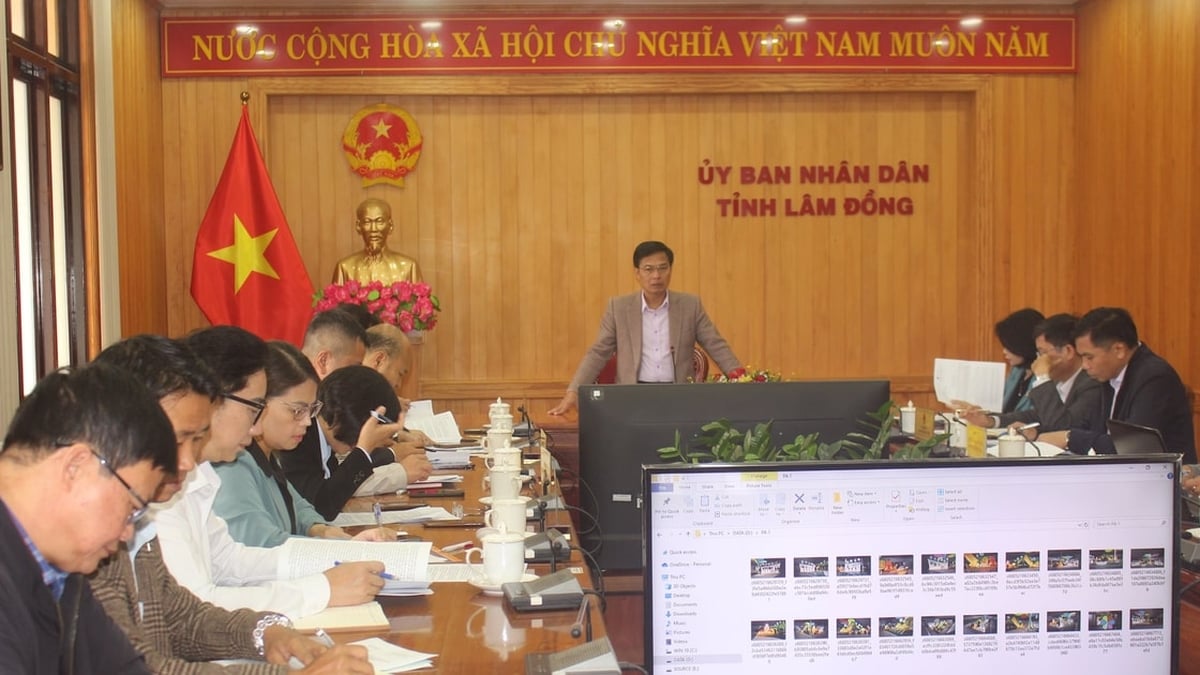


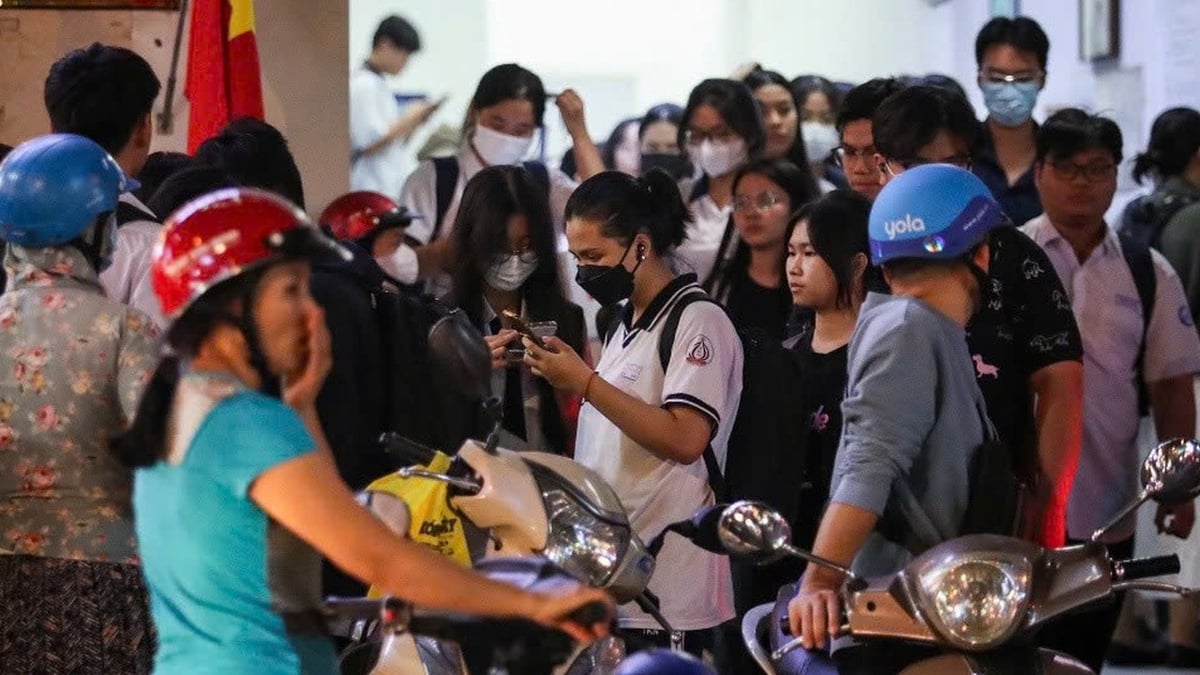

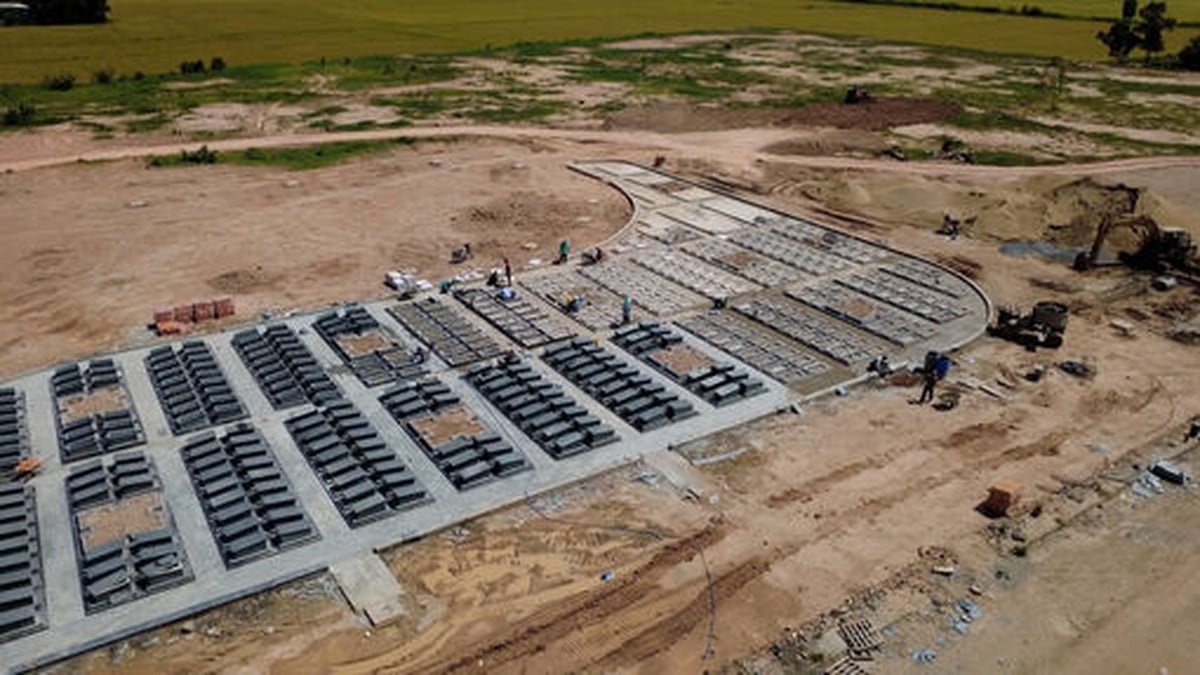

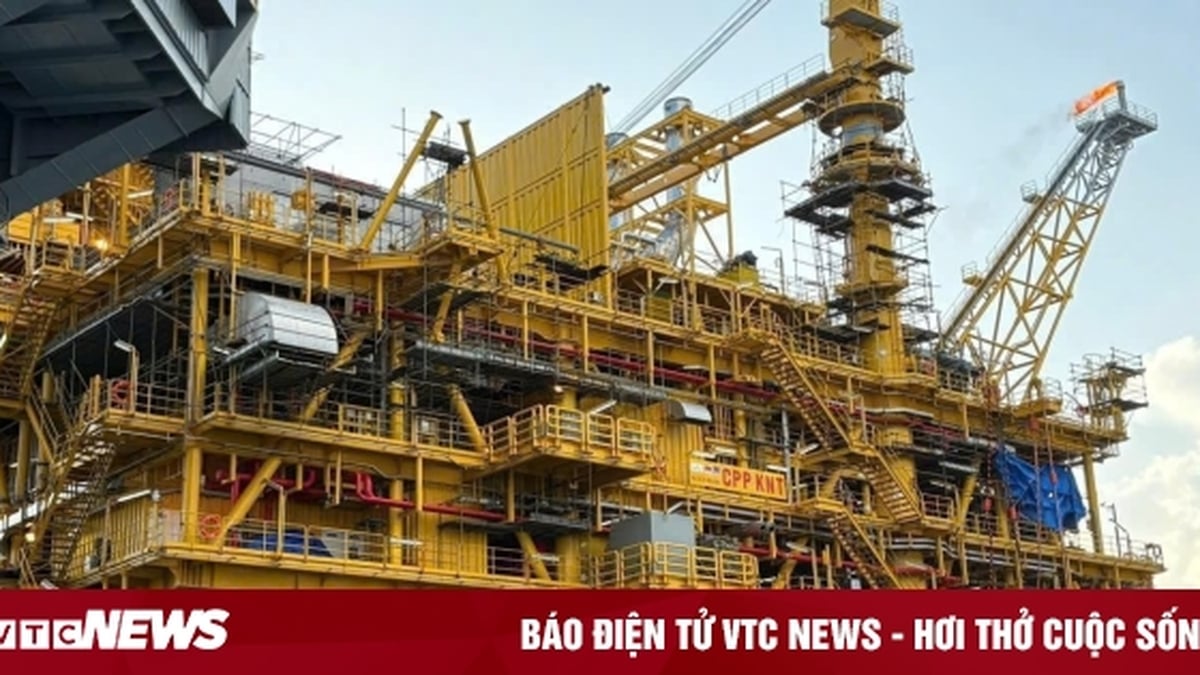
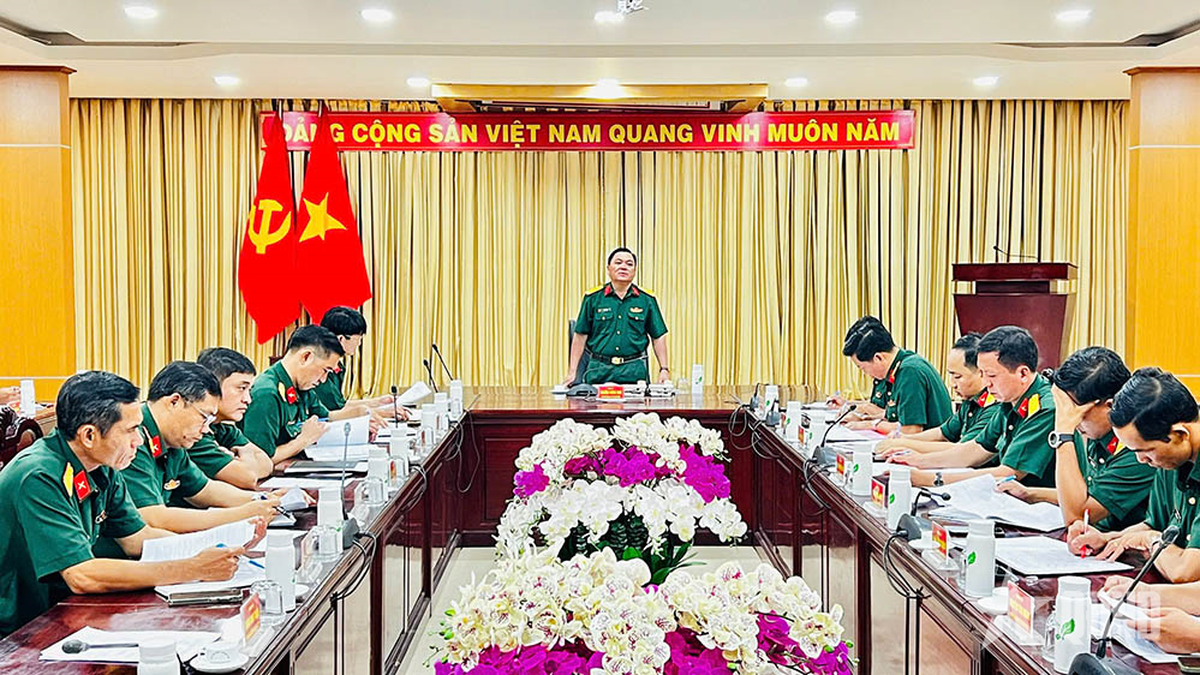
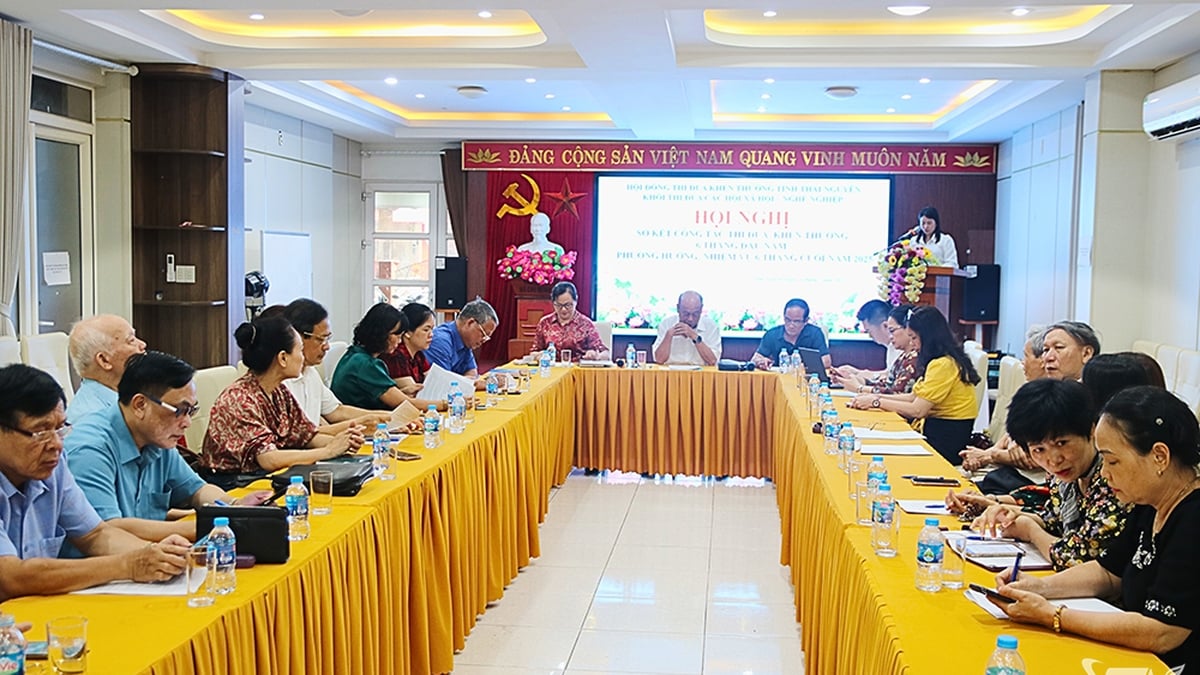




















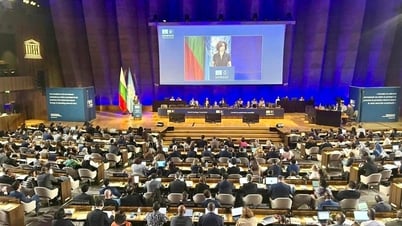


















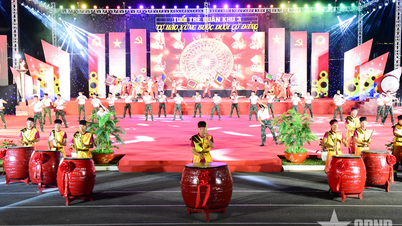




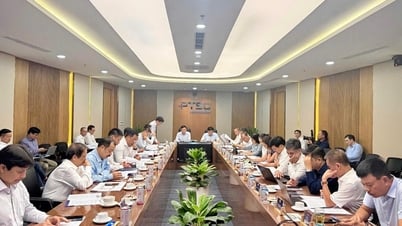

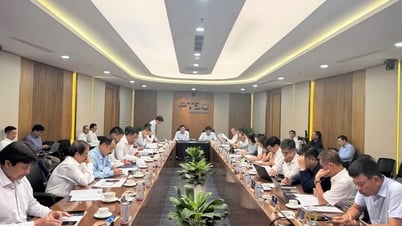



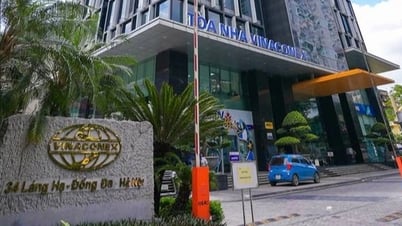


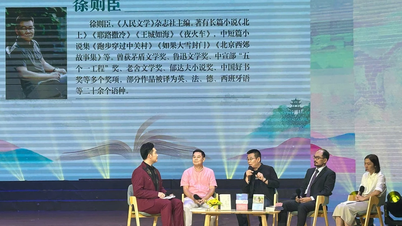


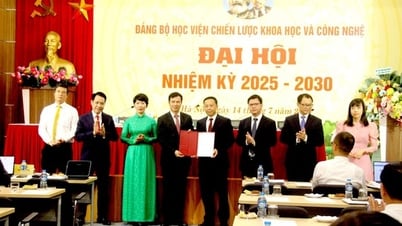

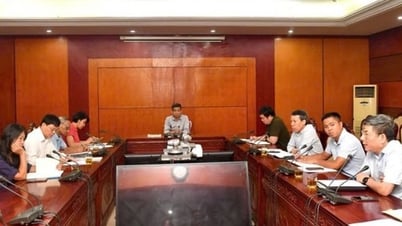

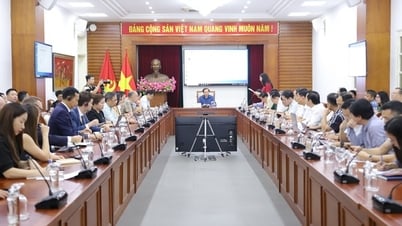
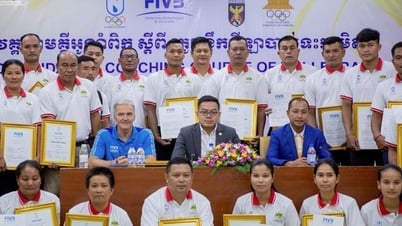























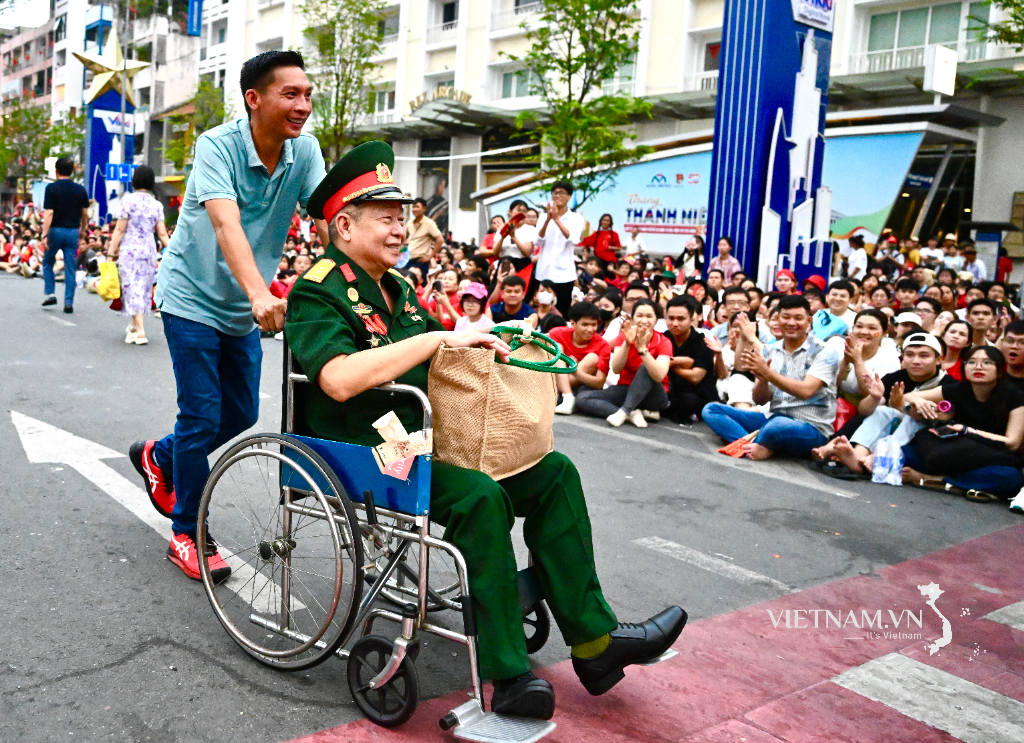

Comment (0)